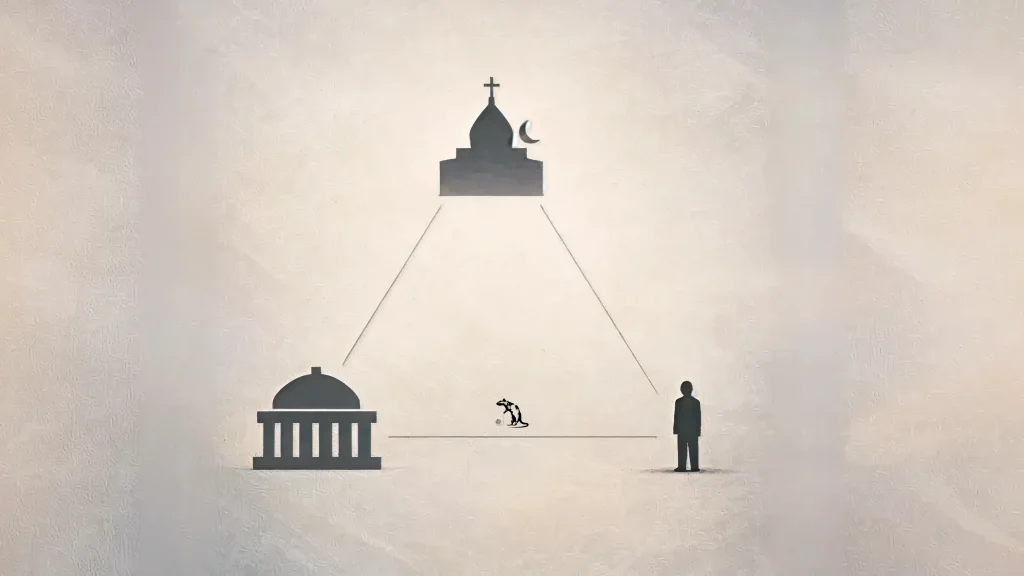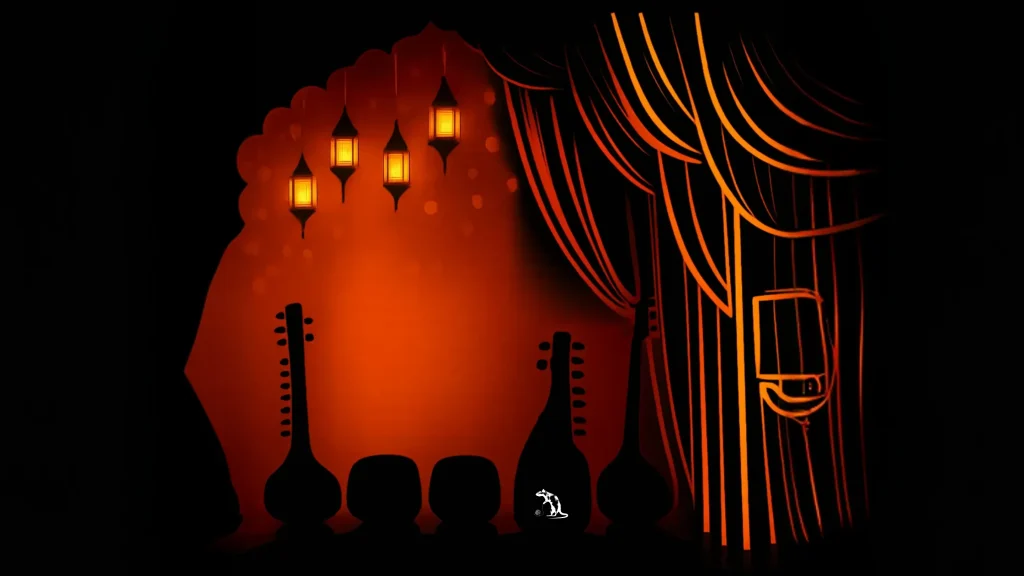A Nation Mourning Karbala Yet Blind to Its Essence?
Each year, millions in Pakistan mourn the tragedy of Karbala with heartfelt processions, poetry, and pledges of loyalty to Imam Hussain (RA) and his noble cause. Yet, in this sea of grief and reverence, a sobering question lingers: Do we truly understand the essence of what we mourn? Or are we merely drawn to the aesthetics of victimhood—baby-faced narratives that stir emotion but demand no real introspection or action?
Imam Hussain (RA) stood against tyranny, injustice, corruption, and moral compromise. Yet here we are—250 million strong—collectively mourning his sacrifice, while our societal fabric is woven with the very evils he gave his life to resist.
We live in a land riddled with open corruption, institutionalized bribery, and a justice system that often serves the powerful and punishes the powerless. The “hush-hush” culture prevails—everyone knows what’s wrong, yet no one speaks out, let alone acts. We play along. We adapt. And in doing so, we betray not only our principles but the very cause we claim to uphold.
Consider forces like CCD or other crime & corruption control regulatory bodies that often flex their muscles only against the politically, socially, or financially weak criminals. Motivated by desperation, passion or circumstances, these isolated offenders face the full wrath of the law. But when it comes to confronting power—whether in bureaucracy, politics, or judiciary—the law suddenly becomes toothless. It turns into a tragic puppet show, manipulated by strings of influence, fear, and compromise.
This duality—honoring a revolutionary while embodying his oppressors—comes at a great cost. It erodes our moral compass, numbs our collective conscience, and normalizes hypocrisy at a national scale. What are the repercussions of this dissonance? A generation desensitized to truth. A society detached from justice. A nation adrift, constantly mourning but never transforming.
So when do we start asking the right questions—in our homes, in our circles, in our daily conversations? When will our attention shift from mindless celebrity gossip and manufactured controversies to real problems and sustainable solutions?
For a Muslim, the pursuit of truth is never a futile exercise. It is worth every effort. If you succeed, you win in both dunya and akhirah. And if you fail, your stand still matters. You may spark a mind, influence a soul, or leave behind a footprint that guides others in the right direction. And on the Day of Judgment, perhaps that will be your plea: that you stood with truth when others remained silent.
Mourning Karbala is not enough. Living it is the real tribute.
Hussainiyat Is Not Mourning — It’s Resistance
Hussainiyat is not confined to tears and rituals. It is not merely the commemoration of a tragedy—it is the embodiment of resistance, truth, and unwavering moral courage.
Hussainiyat is being the David to your time’s Goliath. It is standing tall against injustice, even when all you have is your voice, your conscience, and your will. It is fighting for the truth when the odds are stacked, when the crowd is silent, and when your stance makes you the only one standing.
It means speaking out—not just when it’s convenient or popular, but especially when it’s uncomfortable and costly. Whether the injustice is great or small, personal or systemic, Hussainiyat demands that you don’t stay silent.
As the Prophet Muhammad (ﷺ) said:
“Whoever among you sees an evil, let him change it with his hand; if he is not able to do so, then with his tongue; and if he is not able to do that, then with his heart—and that is the weakest of faith.”
Hussainiyat begins when we live this teaching—not just recite it. It is not a yearly ritual; it is a daily stance. A spiritual and moral duty. A torch passed down from Karbala, waiting for anyone brave enough to carry it in their own time.



